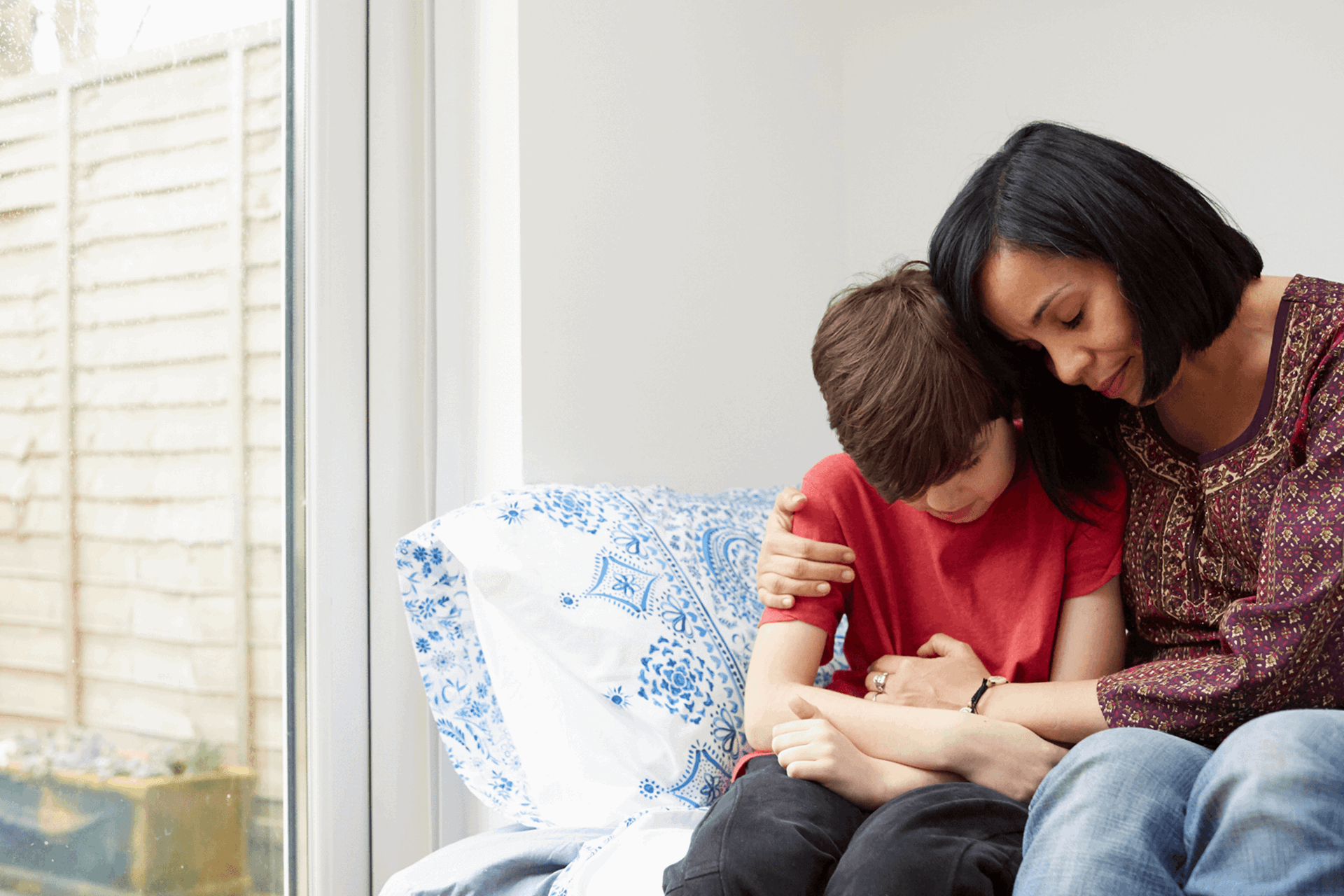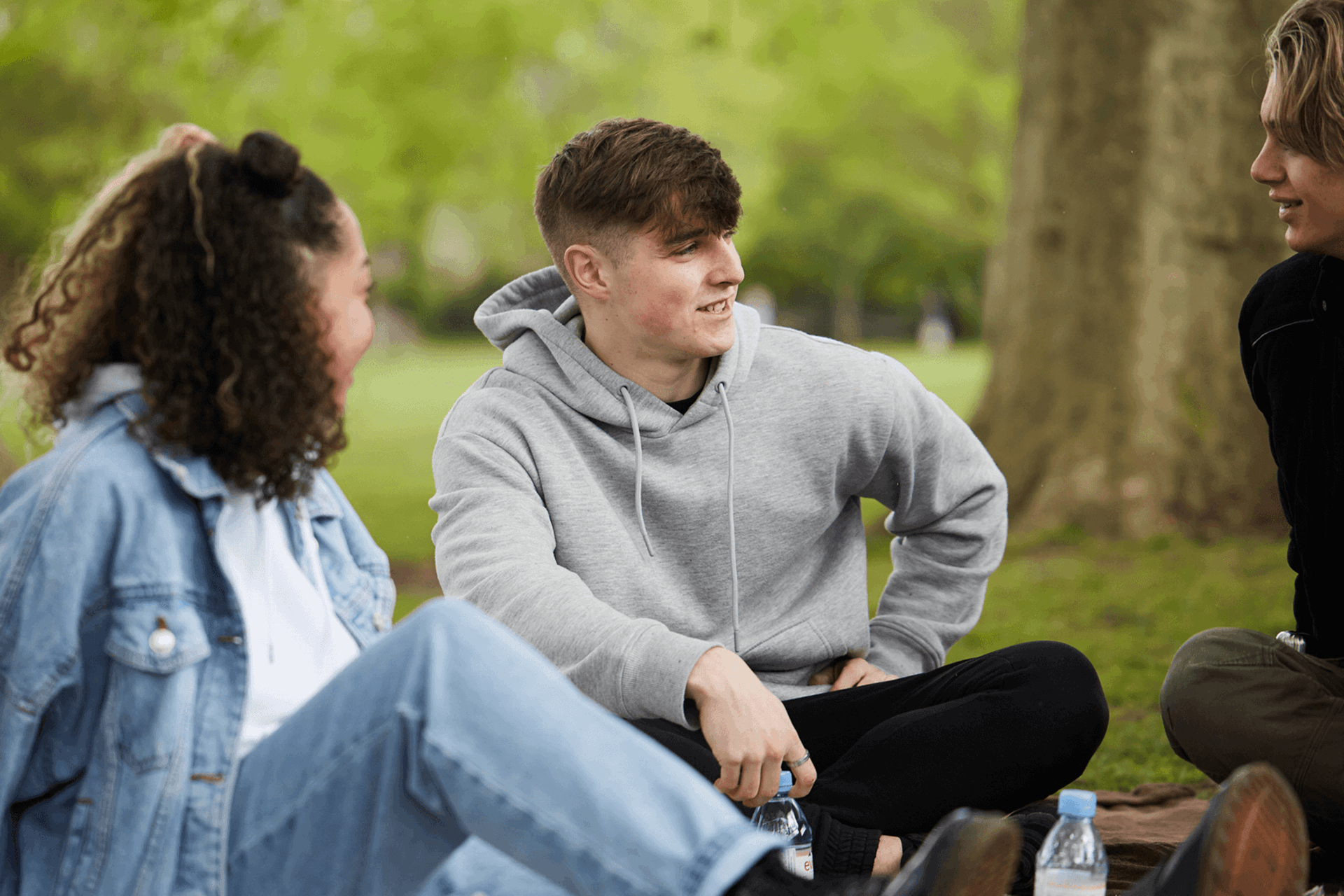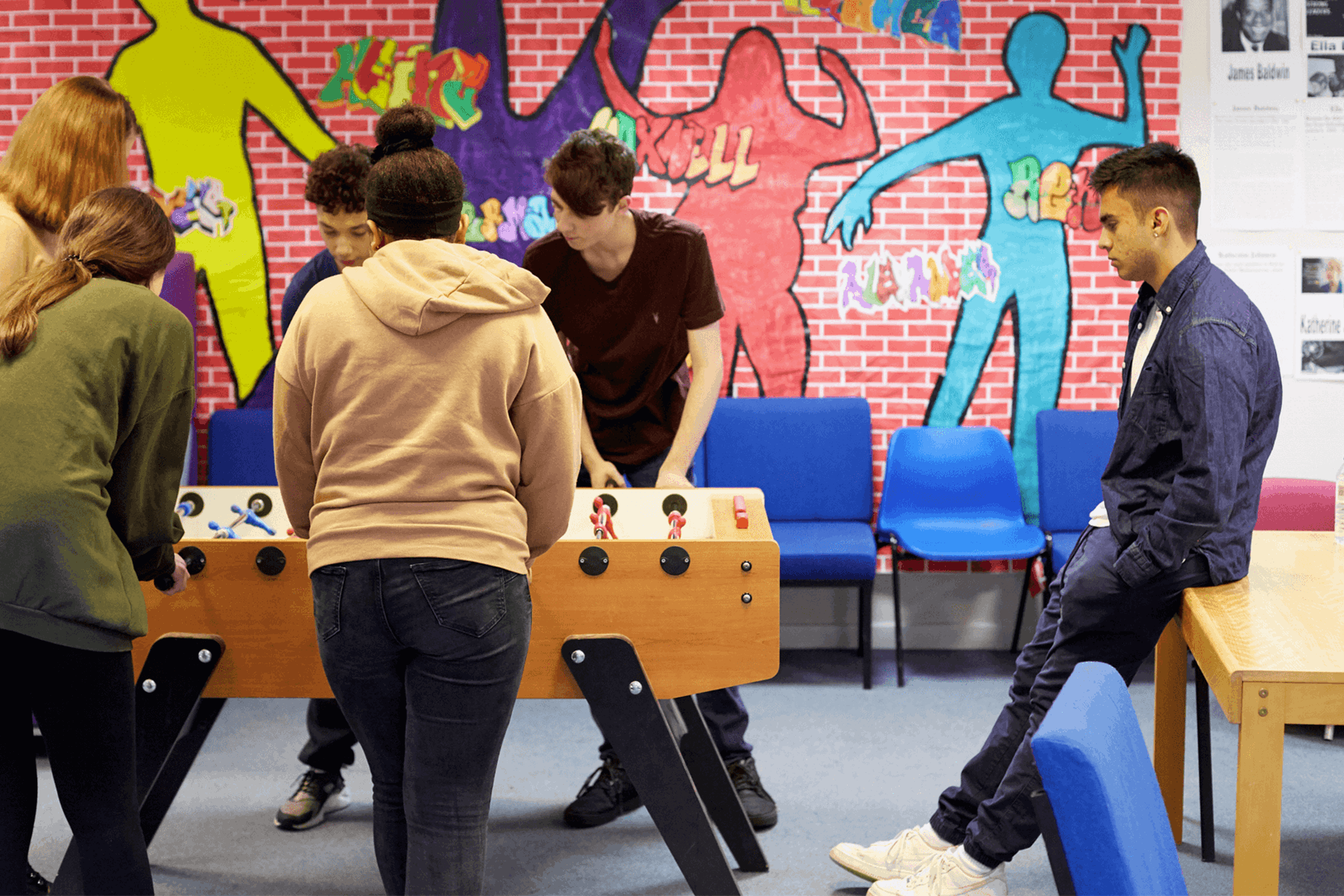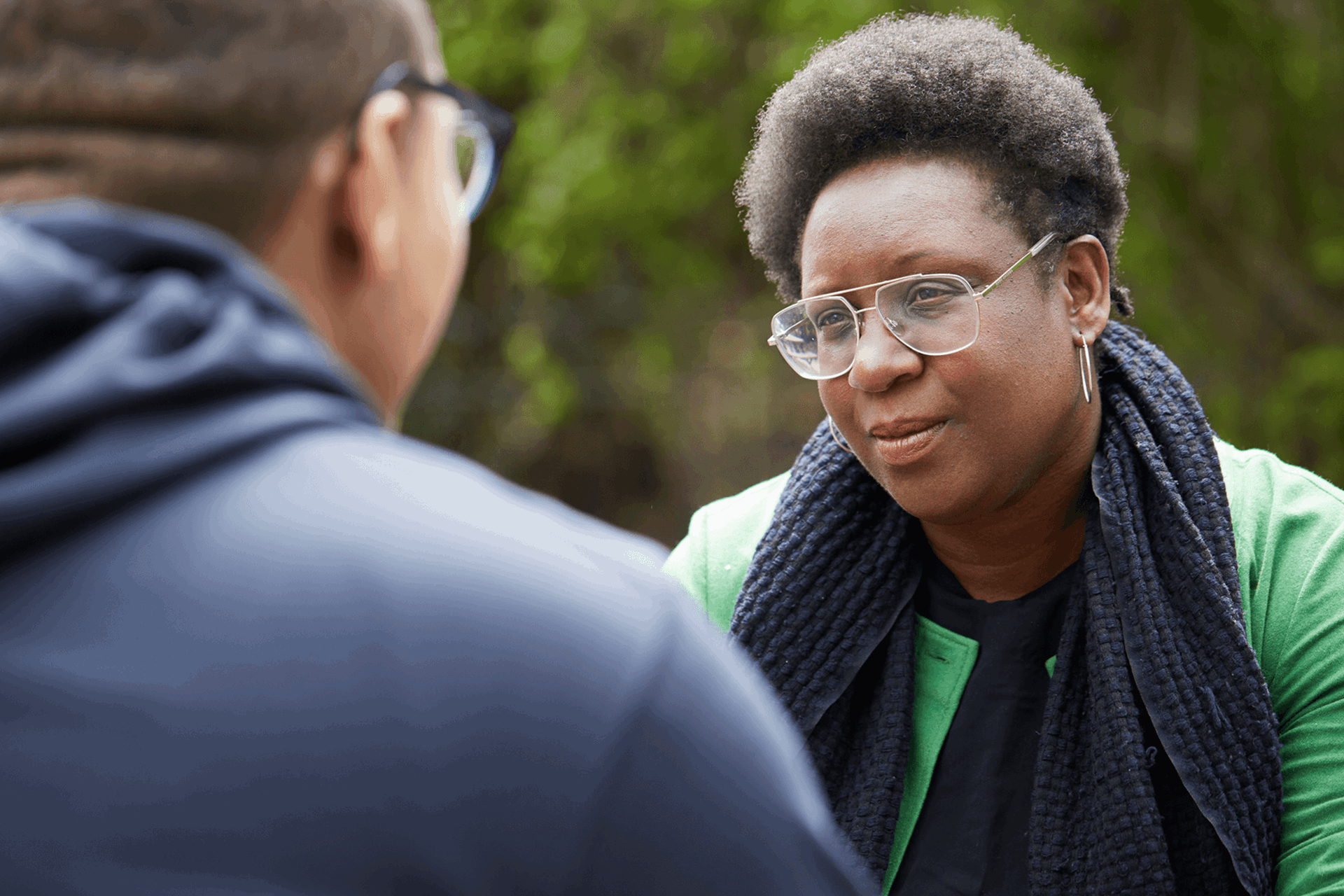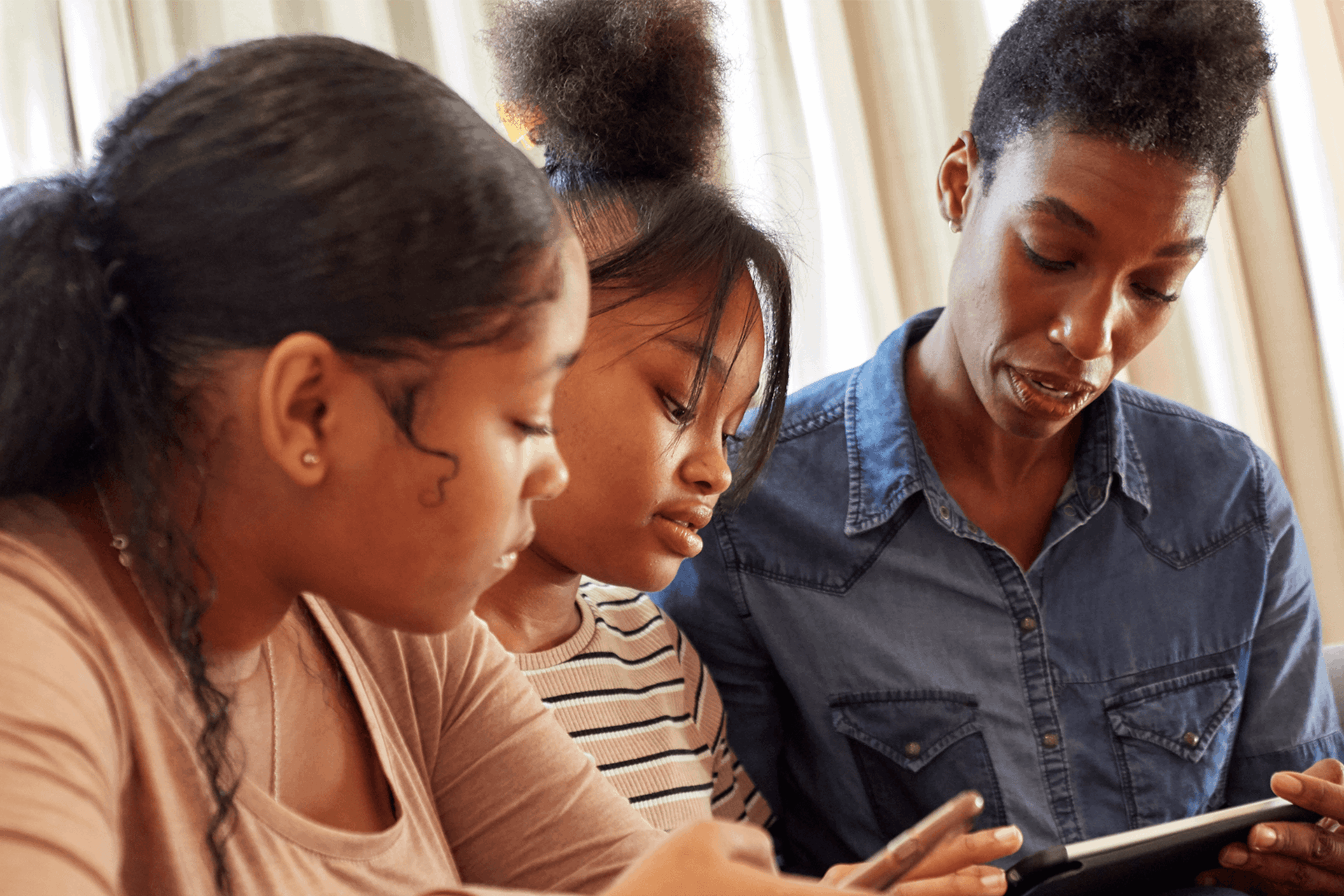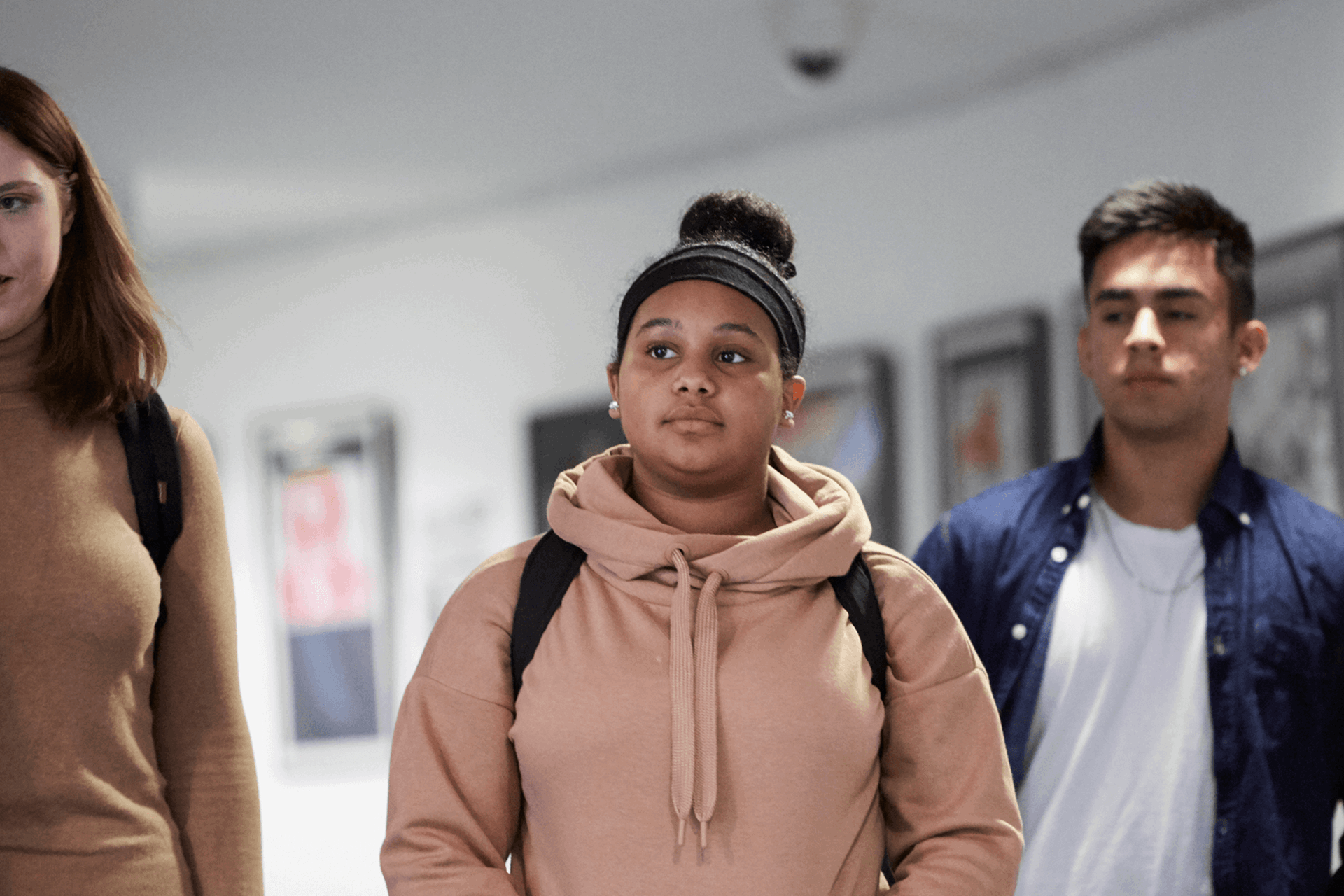Our fourth survey with young people into the impact of the pandemic on young people’s mental health was carried out during the January 2021 national lockdown and shows that many young people have found this lockdown harder to cope with than previous ones.
The pandemic has had a devastating impact on many of the young people we heard from – some told us that they are deeply anxious, have started self-harming again, are having panic attacks, or are losing motivation and hope for the future. We know that some young people will be dealing with multiple pressures, especially those who have been bereaved or experienced other trauma during this time.
When asked what the main pressures were during the current lockdown, respondents mostly spoke of loneliness and isolation, concerns about school, college or university work and a breakdown in routine. Many young people also expressed fears about the future, and although some were optimistic about the vaccine rollout, others were concerned that easing restrictions too soon could lead to further restrictions in the future.
The survey carried out with 2,438 young people aged 13-25, between 26th January and 12th February 2021 shows:
- 75% of respondents agreed that they have found the current lockdown harder to cope with than the previous ones including 44% who said it said it was much harder. (14% said it was easier, 11% said it was the same)
- 67% believed that the pandemic will have a long-term negative effect on their mental health. This includes young people who had been bereaved or undergone traumatic experiences during the pandemic, who were concerned about whether friendships would recover, or who were worried about the loss of education or their prospects of finding work. (19% neither agreed nor disagreed, 14% disagreed)
- 79% of respondents agreed that their mental health would start to improve when most restrictions were lifted, but some expressed caution about restrictions being lifted too quickly and the prospect of future lockdowns.
Our recommendations to government
- Make wellbeing is a priority in school catch-up planning, and take a cautious approach to measures that could introduce additional pressure to some young people – such as extending the school day.
- Address the inconsistent mental health support available through schools, by introducing additional ring-fenced funding to enable schools to commission the support they need in this time of crisis.
- Ensure that local charities and youth clubs, which provide vital early mental health support, survive the economic impact of pandemic. And, in the longer term, introduce a national network of community early intervention hubs, which provide open-access mental health support in non-medicalised setting.
- Make sure that all young people know where and how to find support now and that there are smooth pathways between services.
Our third survey with young people investigating the mental health impact of the Covid-19 coronavirus pandemic shows that many young people with mental health problems are struggling to cope as they return to secondary school, after months of living through the COVID-19 crisis.
The pandemic has put a huge strain on many young people who were already struggling with their mental health, because of traumatic experiences, social isolation, a loss of routine and a breakdown in formal and informal support. The survey highlighted positives for mental health in the initial return to school, such as seeing friends, having a routine, and seeing their teachers. However, many said that the rapid return to academic pressure, after six months away, was having a negative impact.
We carried out the survey with 2,011 young people with a history of mental health problems between Friday 15th September and Wednesday 30th September, shortly after schools had reopened.
The findings show:
- 69% of respondents described their mental health as poor now that they are back at school; this has risen from 58% who described their mental health as poor before returning to school.
- 40% of respondents said that there was no school counsellor available to support students in their school
- Only 27% had had a one-to-one conversation with a teacher or another member of staff in which they were asked about their wellbeing, by the time they completed the survey.
- Almost a quarter of respondents (23%) said that there was less mental health support in their school than before the pandemic, while only 9% agreed that there was more mental health support.
Our recommendation to government
We are calling for a ring-fenced Resilience Fund, which would ensure schools could commission the mental health and wellbeing support that young people need. This could include commissioning in-school counselling services, working with local charities, bringing extra staff to provide pastoral support, commissioning digital services or prioritising staff wellbeing.
Our second survey with young people investigating the mental health impact of the Covid-19 coronavirus pandemic shows that many are under increasing pressure and struggling to get the right support.
Children and young people across the UK have had their lives turned upside down by the pandemic. Almost every young person has had to adjust to dramatic changes in their education or employment, routine and home life. Some have experienced bereavement or other Traumatic experiences during the lockdown period, while groups who were already marginalised or disadvantaged are now likely to become more so.
We carried out a survey with 2,036 young people with a history of mental health needs between Friday 6th June and Monday 5th July, a period in which the Government announced measures to ease restrictions, including the target for schools to reopen to all students in the Autumn term.
The results reveal that:
- 80% of respondents agreed that the coronavirus pandemic had made their mental health worse. 41% said it had made their mental health “much worse”, up from 32% in the previous survey in March. This was often related to increased feelings of anxiety, isolation, a loss of coping mechanisms or a loss of motivation.
- 87% of respondents agreed that they had felt lonely or isolated during the lockdown period, even though 71% had been able to stay in touch with friends.
- Among more than 1,000 respondents who were accessing mental health support in the three months leading up the crisis (including from the NHS, school and university counsellors, private providers, charities and helplines), 31% said they were no longer able to access support but still needed it.
- Of those who had not been accessing support immediately before the crisis, 40% said that they had not looked for support but were struggling with their mental health.
- 11% of respondents said that their mental health had improved during the crisis, an increase from 6% in the previous survey. This was often because they felt it was beneficial to be away from the pressures of their normal life (e.g. bullying or academic pressure at school)
Our recommendations to government
We are calling for the Government to commit to a recovery plan for children and young people’s mental health. This should include:
Ring-fenced funding for mental health in schools, colleges and universities to enable them to provide mental health support to all young people who need it.
A transition period of at least one academic term for schools, colleges and universities in which allowances are made for the effects of trauma or emotional distress; this means reviewing behaviour policies, attendance policies and accountability measures, including suspending the reintroduction of fines related to attendance.
Support for the NHS to cope with a rise in demand for mental health support, enabling face-to-face support to resume widely where possible, and committing to accelerating the mental health ambitions of the NHS Long-Term Plan.
A wellbeing campaign that is co-produced with, and targeted towards, children and young people, to help them support themselves and find effective help when they need it.
A long-term cross government strategy on young people’s mental health that prioritises early intervention in our communities, with clear funding in place, working alongside the voluntary sector to address the inequalities and pressures that affect young people’s mental health.
The first survey investigating the mental health impact of the Covid-19 coronavirus on young people with mental health needs reveals the pressure that the crisis has put on young people and support services.
We carried out a survey with young people with a history of mental health needs between Friday 20 March 2020 (the day that schools closed to most children) and Wednesday 25 March 2020 (when there had been a further tightening of restrictions) in order to establish the impact of the pandemic on their mental health and on their ability access to support. We also asked respondents about helpful and unhelpful coping strategies, and for advice to other young people.
This is a snapshot of young people’s views and experiences at a particular time, in a rapidly changing situation. The challenges they face, the concerns they have and their ability to access support may change considerably over the coming weeks.
Unsurprisingly, the coronavirus and the public health measures designed to prevent its spread are having a profound effect on many young people with a history of mental health problems. When asked what impact the pandemic was having:
- 32% agreed that it had made their mental health much worse
- 51% agreed that it had made their mental health a bit worse
- 9% agreed that it made no difference to their mental health
- 6% said that their mental health had become a bit better
- 1% said that their mental health had become much better
Self-isolating and social distancing was a bad habit I worked really hard to get out of. Now I’m being made to do it and being told it’s the right thing to do. It’s very confusing and I’m scared of falling back in to that cycle.
